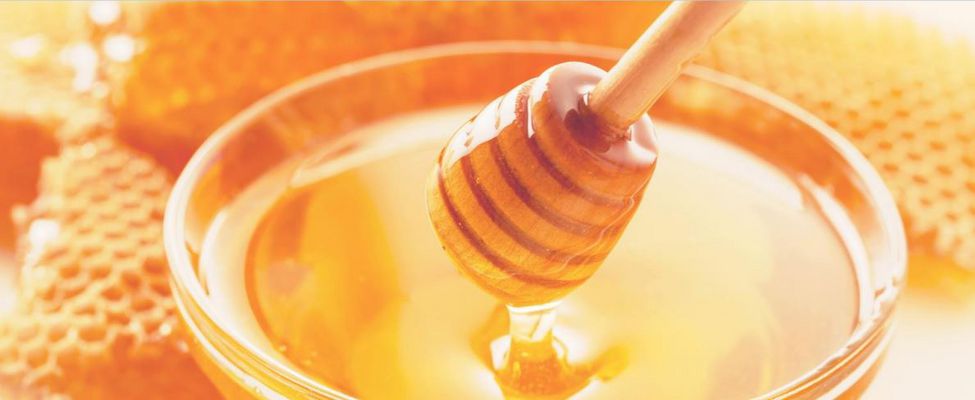

Application of NMR as a solution for detecting honey fraud
Webinar Overview
At QSI, NMR honey profiling is used routinely to detect honey adulteration, particularly the addition of sugar syrups – the most widespread form of honey fraud. Declared botanical variety and geographical origin can also be verified with this technique.
In this webinar, Gudrun Beckh (CEO at QSI) will discuss how NMR is applied in routine analysis and the advantages it has to offer over other techniques. Traditional testing methods often struggle to detect new and sophisticated sugar syrups that have been designed to pass adulteration tests. With NMR profiling, a fingerprint of the sample is acquired, and many parameters are analysed simultaneously. The approaches applied for syrup detection and for verification of origin will be explained.
April 4, 2019
What You Will Discover
The simple sample preparation and fast measurement that NMR offers will be described, as well as the wide range of information from the multiple parameters that can be acquired simultaneously. Bruker BioSpin Market Manager for Food, Feed and Beverage, Thomas Spengler, will introduce the NMR Food Screener used at QSI and the robust background reference database will be discussed.
Key Points
- How NMR works and is applied as a tool for routine, daily analysis of honey
- The use of NMR spectral data to determine sugar adulteration without the need for confirmation by techniques
- The use of NMR for verification of the declared geographical and botanical varieties
- The advantages the methodology has to offer over conventional methods
- The background reference database that ensures complete reliability
- How NMR is a powerful method for combating the dynamic nature of food fraud.
Who Should Attend?
The webinar will appeal to food testers; honey packers, importers or exporters; people working in regulatory or governmental bodies and those ensuring food authenticity and safety in the food industry. It will also be of interest to beekeepers, NMR specialists, and people working in the cosmetics industry.
Speakers
Gudrun Beckh
CEO of Quality Services International, QSI
Diplom-Biologist, since 1989 in the honey quality control starting with German Honey Assocation since 1991 with Institute for Honey Analysis, I started with pollenanalysis, HPLC and 13C-testing in honey working as an expert for honey worldwide e.g. project in developing countries which want to access the EU market like Vietnam, Laos, Myanmar but as well for Argentine, Guatemala within EU projects Head of Internation Honey Commission = network of experts working in the field of beeproducts since QSI was funded Managing Director at QSI
Dr. Jane van der Meulen
Quality Services International GmbH, Bremen
Ph.D. in chemistry using NMR for metabolic changes on cerebral diseases influenced by therapeutic measures Since 2015 I am working for QSI as Project Manager NMR and I am responsible for developing the Honey-Profiling on behalf of QSI. As NMR expert I speak at conferences and participate in international collaboration regrading food fraud and food quality control.
Thomas Spengler
Director Market Management Food Feed Beverages & Head of Lean Customer Development, AIC Division, Bruker BioSpin GmbH
Thomas holds a master degree from Technical University Munich in food engineering and he is in charge of the Food, Feed & Beverage markets. His main focus is to support the business growth, to identify new markets and segments and translate the voice of the customers into new solutions which address their needs.